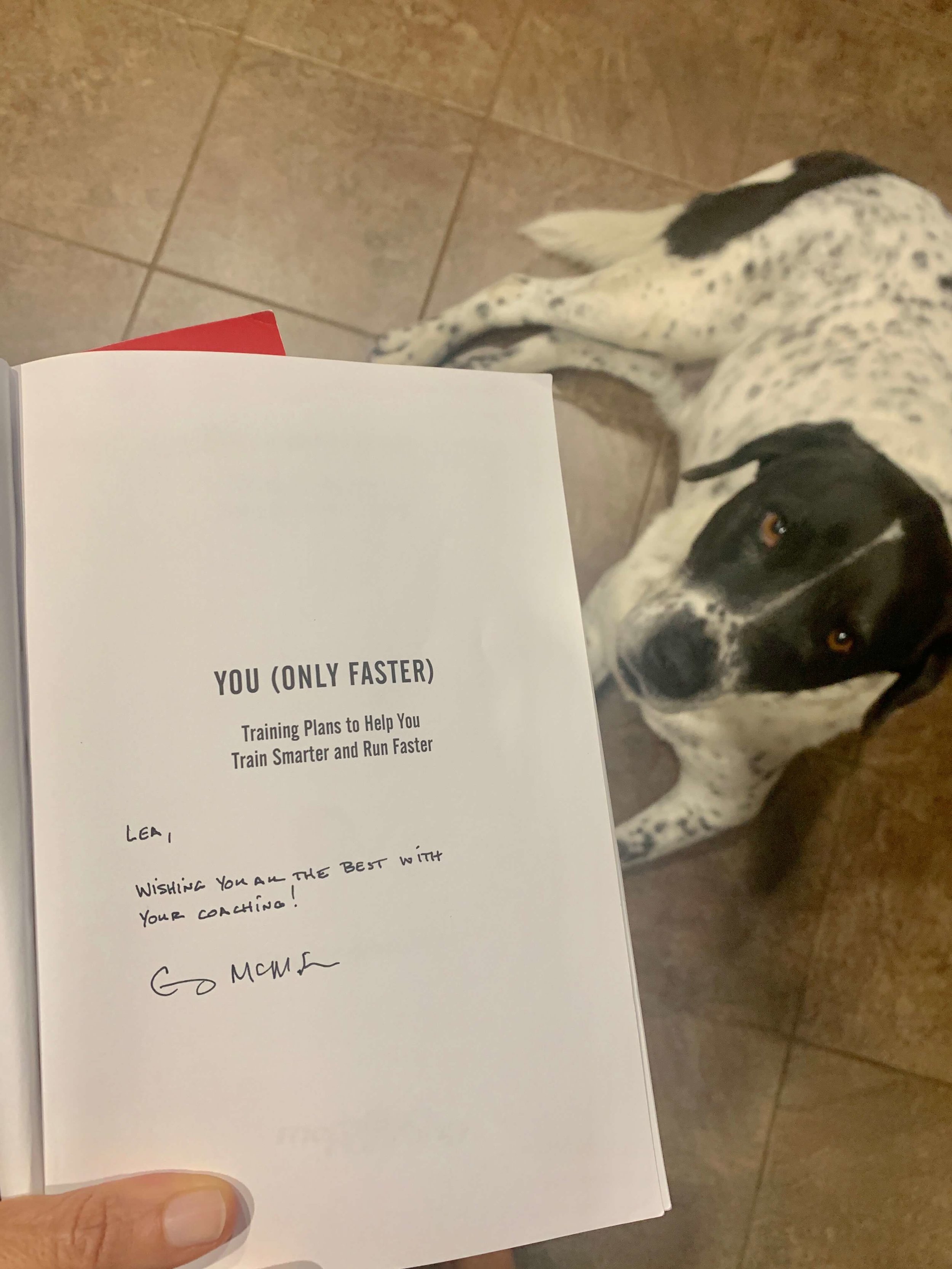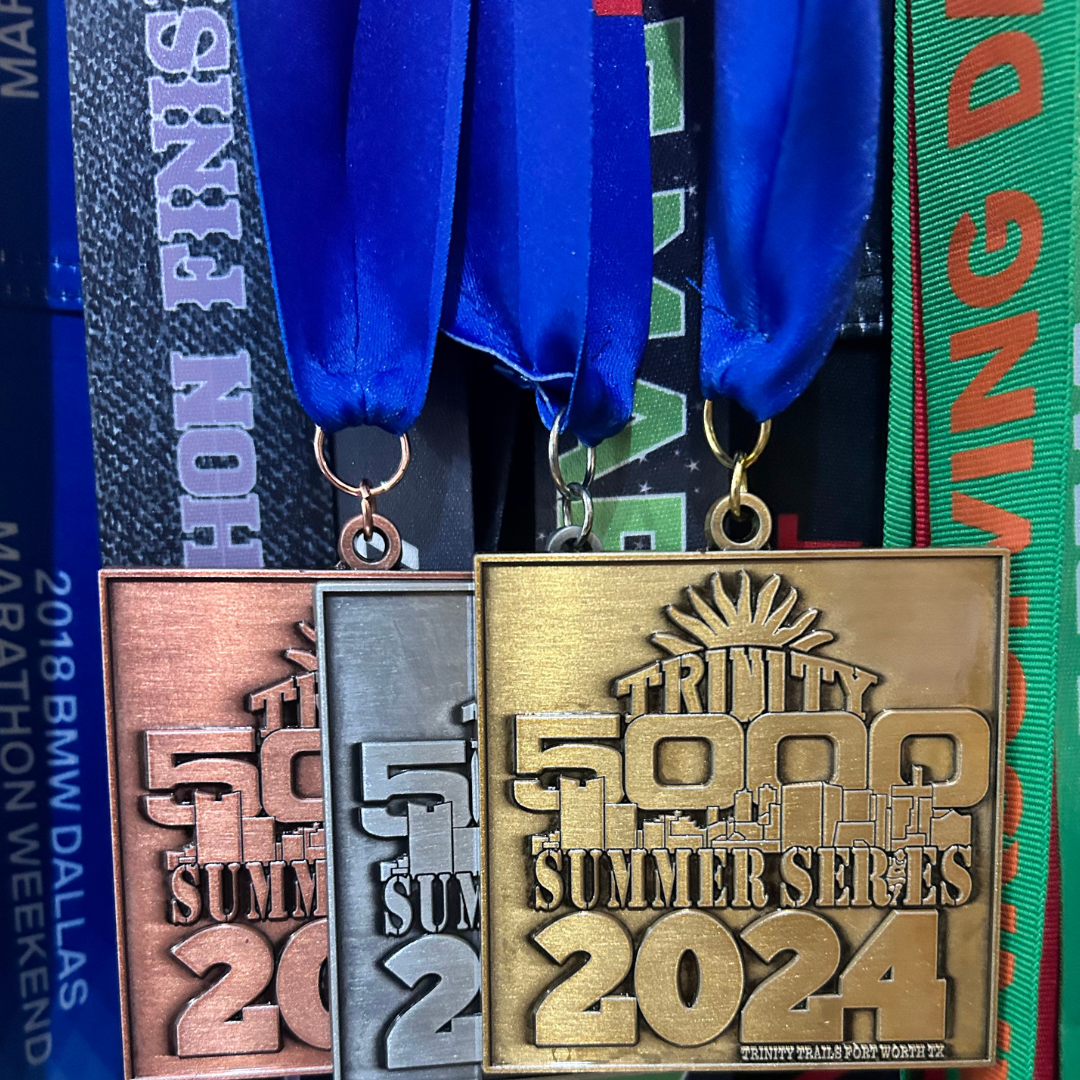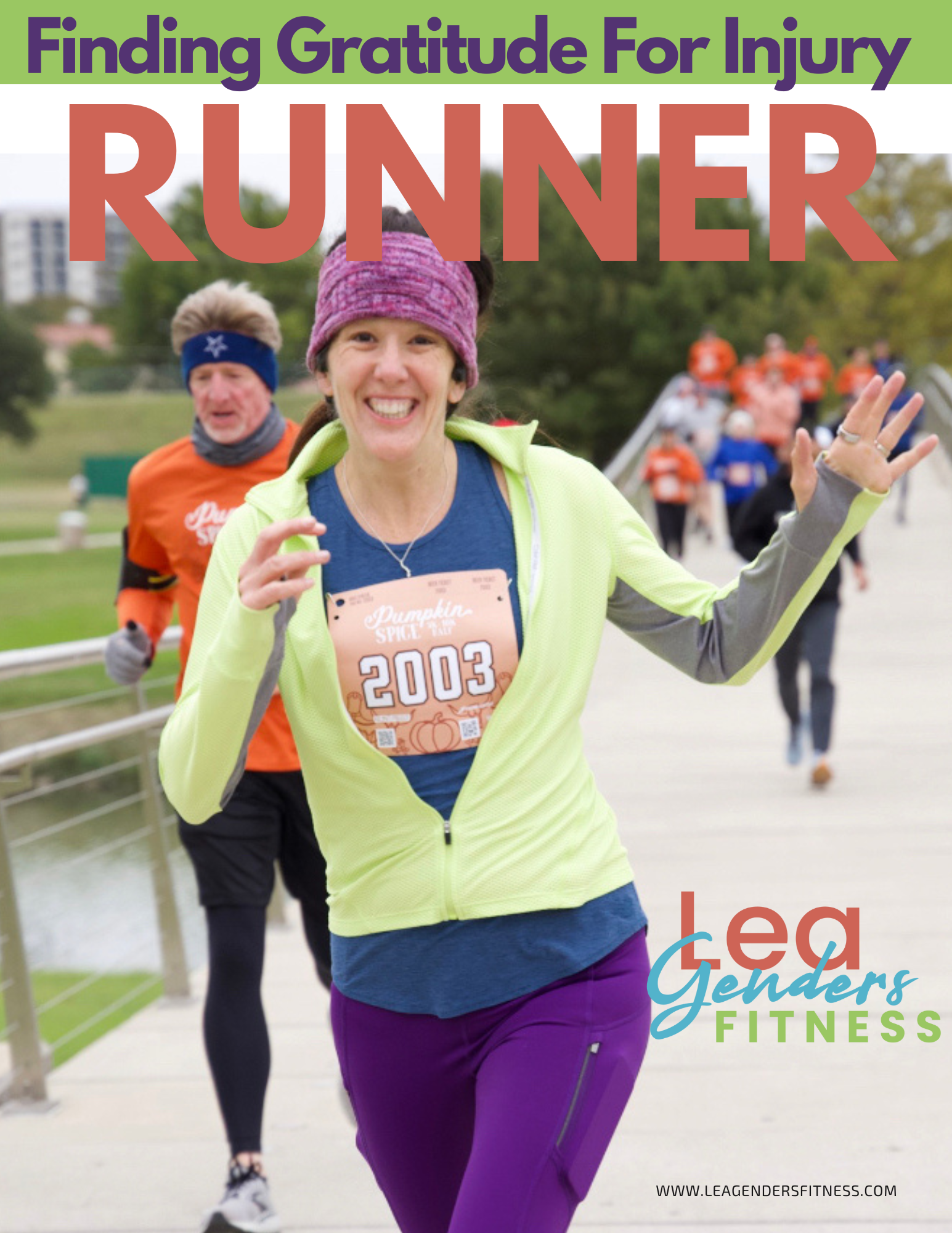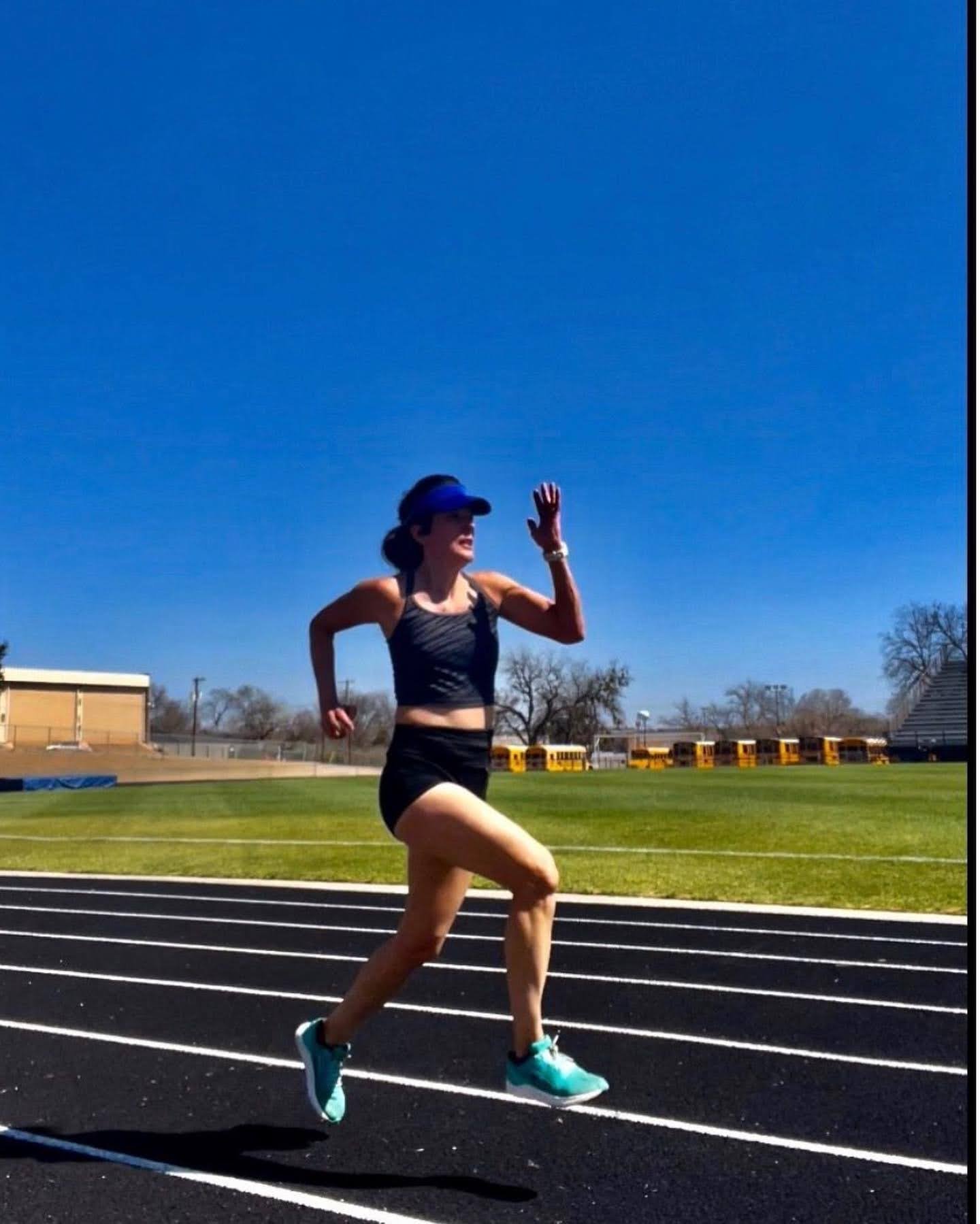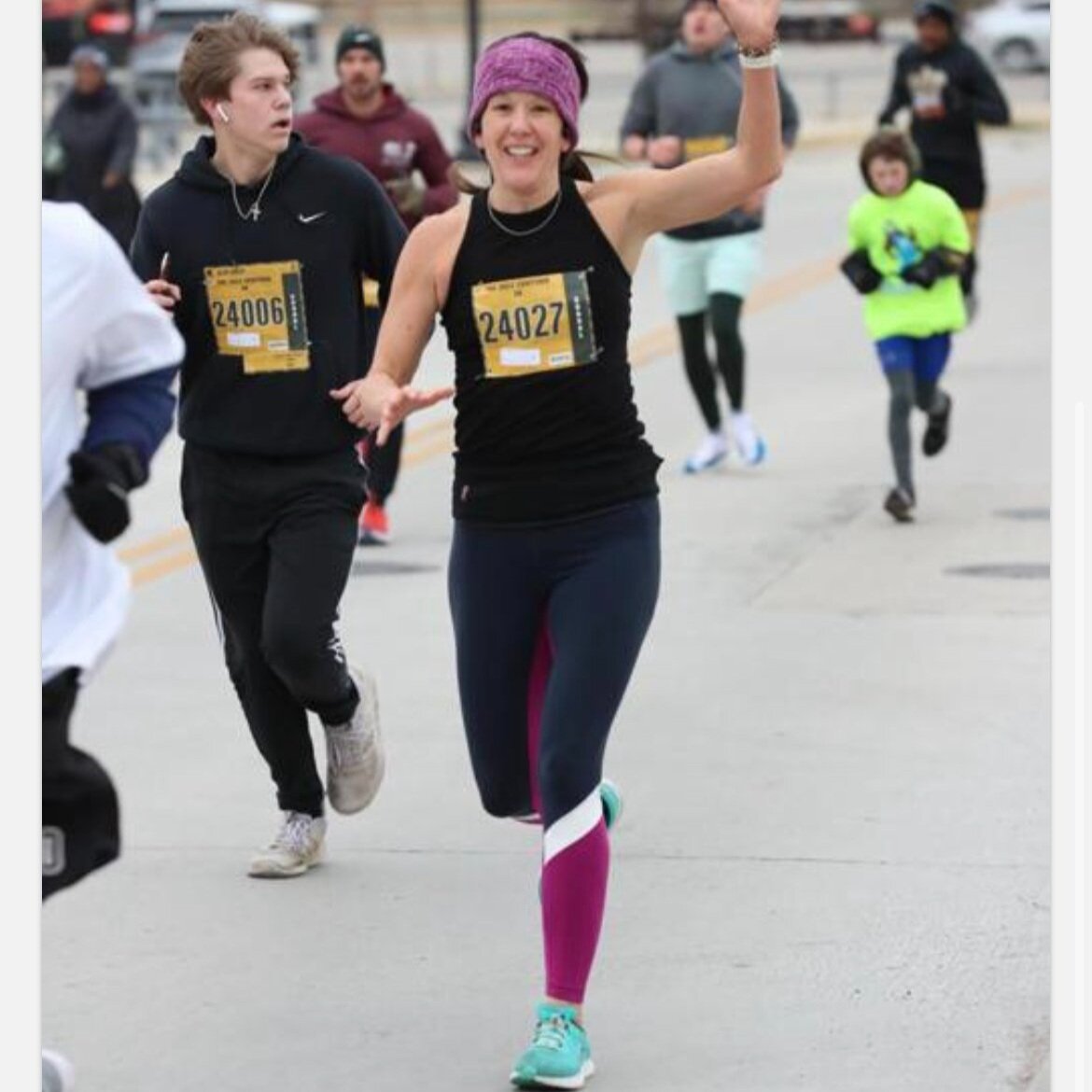As I scrolled through my unread emails, a subject line caught my attention: UCAN Coaches Dinner with Greg McMillan - Limited Spots Available!
I received an invitation for Dallas-area running coaches to attend a dinner with author and running coach Greg McMillan. If I’m honest, my introvert tendencies initially reacted: No way. People? That I don’t know? Across town? After dark? Did I mention people?
But I am working on challenging myself to step outside my comfort zone. Some people use feelings of fear or anxiety to help them steer away from uncomfortable situations. I’ve been using those feelings as a compass towards what I need to do. If it makes me nervous, I know I probably should try it.
Spoiler-alert: I went. Dallas-area running coaches.
We are a participant in the Amazon Services LLC Associates Program, an affiliate advertising program designed to provide a means for us to earn fees by linking to Amazon.com.
It was an excellent opportunity to connect with other coaches. I am an independent coach, so I could always use new coaching friends, acquaintances, and contacts. Surrounding myself with people of similar goals and passions can only be positive.
I wanted to meet Greg McMillan. I read his book ‘You Only Faster,’ and it helped me so much with how to coach and program running schedules. I thought it would be fun to tell him what it meant to me and ask him to sign my book. I included his book in a recent blog post highlighting three book that will transform your running performance.
I was interested in making connections with UCAN. I like their products for endurance training. Making myself known and available to the community, and learning about new products can help me better serve my clients and readers.
It made me uncomfortable to drive an hour across town at night to meet up with a bunch of strangers, so if nothing else, that was reason enough to do it. Pushing outside my comfort zone brings personal growth, even in a small way.
Worst case scenario, I’d meet Coach McMillan, eat a delicious dinner on UCAN, get a picture or two for Instagram, and maybe walk away with new blog content. I have been struggling with a touch of blog burnout, so any event to spark a new blog post is positive.
I put on a dress and curled my hair. Traffic was terrible, I arrived late, and the hostess at the restaurant didn’t know what group I was trying to meet. As I scanned the restaurant for a group of people that looked like running coaches (ha, what does that look like?) I spotted a woman in a UCAN t-shirt and knew I found my group.
Me (Only Faster)
Of course, once I arrived, everyone was friendly and welcoming. Most of the coaches were from the Dallas Running Club and knew each other. I always say that runners who are strangers are just friends I haven’t met yet. Runners are notorious for welcoming and inclusive behavior, so why would I expect any less from a group of running coaches? Of course, it was more than ok; it was downright fun.
We sat in a corner booth on the outside patio on a warm Dallas evening and made small talk about when the weather would finally cool down for Saturday morning training runs. We’ve all been hoping it’d be the coming weekend for the last four weeks. With mid-ninety-degree temperatures stretched out through September; summer has been hanging on like a hair in a biscuit (Haha).
Coach McMillan stood up to speak and offered to take questions. I took notes on the back of his book because I wanted to make sure I could share this expertise with you!
Learn to improve your running with expert coach and exercise physiologist, Greg McMillan, M.S.
I am paraphrasing all of the coach’s questions and Coach McMillan’s answers based on my limited memory and the chicken-scratch notes I took during dinner. Any discrepancy from what he said or meant is on me. He was kind, professional, and knowledgeable. I think we can all learn from his expertise.
Me and Coach Greg McMillan
Q & A WITH RUNNING COACH EXPERT, GREG MCMILLAN, M.S.
How can we increase motivation to run in ourselves and our coaching clients?
Greg spoke about how it was essential to identify as a runner—because running is a lifestyle. Make the connection: “running is important to me because it makes the rest of my life better.” That mindset helps maintain the necessary consistency and lifestyle habits that build a successful runner.
Coach McMillan shared his mantra for continued motivation, which I love and will steal.
““If it’s to be, it’s up to me.””
I’ll add that when you consistently eat well, recover properly, manage stress, and improve sleep quality, you close the circle of a runner’s lifestyle.
We don’t train in a bubble; your non-running behaviors affect your performance and longevity.
How can we encourage a positive mindset in our clients?
Coach McMillan reminded us to be aware that as humans, we have a negative bias. That means if you have ten great runs and one poor one, you tend to focus on the bad. Awareness that this is a tendency is the first step.
He said he encourages his coaching clients to start an awesomeness journal to combat that negative bias. You write down any great run, proud moment, or achievement in the journal. It doesn’t have to be an extraordinary accomplishment to qualify for awesomeness. If you went for a run when you didn’t feel like it and felt great afterward, write it down. If you achieved a new distance or pace, if you encouraged someone else or received positive feedback, write it down. If you had fun, felt great, or any positive experience it qualifies as awesome. When you feel a bit down on yourself or focusing on the negative, read through your awesomeness journal for a reminder of times when runs went well.
All the coaches nodded in agreement that we need to start awesomeness journals. I’ve decided to take it one step further beyond running. Anytime I receive compliments, positive feedback, encouraging reviews, opportunities, or new clients, I’ll include them in my awesomeness journal.
How can we help our clients stay injury-free?
Coach McMillan said the injury rate of his clients sharply declined when he empowered his clients to feel in control of their training.
He said injuries aren’t immediate. Most runners don’t get injured as a result of a single run, it’s the accumulative stress of many runs, and ignoring the warning signs that lead to injuries. He suggested that we help our athletes listen to their bodies and give them the authority to make adjustments and allow flexibility in their program.
He mentioned the importance of non-running activities such as mobility, foam rolling, and strength training to ward off potential injuries — a man after my own heart.
He described his training plans as conservatively aggressive. To avoid injury, he will always err on the side of safety but will focus on raising the quality of individual workouts to prepare like a pro.
I’ll add that he writes in his book about making sure each workout has a purpose. Know what you’re trying to achieve with each workout: endurance, stamina, speed, or sprint goals makes your training focused and effective. He goes into great detail on these topics in his book, You Only Faster.
How critical is foot strike in running form?
My ears perked up for this one, as I have been training to transition to a mid-foot strike.
Coach McMillan said that running form is highly individual to the runner and, “If it ain’t broke, don’t fix it.” If the athlete is not injured and is performing to their potential with a heel strike, there’s no reason to change.
However, if the runner is plagued with injuries, or is not happy with current performance, an examination of foot strike can be helpful to improve form and efficiency. Many runners can benefit from cleaning up form.
What fueling strategy do you use with your athletes that are training for endurance events?
UCAN sponsored this dinner, so it was no surprise that fueling was a topic of conversation. I’ll add that they did not pay me or ask me to talk about their products. They did pay for dinner and provide samples, but there was no obligation expressed or implied to write about their products in exchange. I am telling you about what I learned from them because I think you’ll be interested, and can benefit from their products.
Coach McMillan said he used UCAN to simplify marathon fueling strategies at first for himself, then once successful, with his athletes. He suggested mixing UCAN Pre-Run Performance Energy with water thirty minutes before a run for long-lasting energy. UCAN may be easier on the stomach and lasts longer than traditional gels. It provides a slow release of carbohydrates to steady your blood sugar without added sugar or stimulants for the long run. They also offer a post-run recovery product, an energy bar for mid-race fueling or post-run recovery, and zero-calorie electrolytes for hydration. Click on the below image to view the marathon starter pack!
Coach McMillan signed my book, agreed to a selfie, and offered all this helpful advice. The night was entertaining and informative, and was a gentle reminder: push outside my comfort zone to enjoy new experiences, meet new people, to grow as a coach and as a person.
Ollie was clearly impressed with my autograph
Did you like this post? Do you know someone who might benefit? It helps me when you share with your friends and followers on Facebook, Twitter, or Pinterest.
Questions? I’d love to help.






